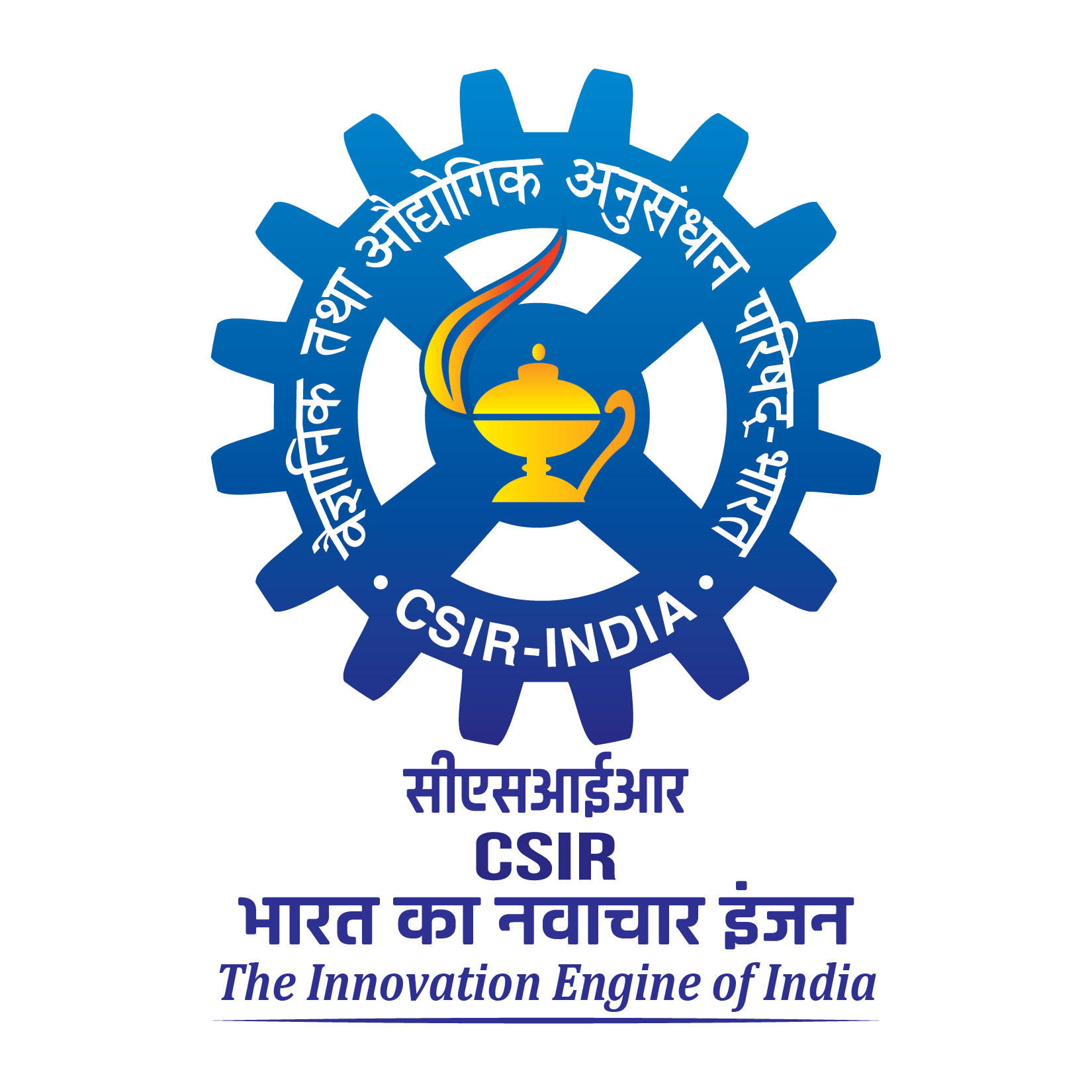by Salwa Naushin, Viren Sardana, Rajat Ujjainiya, Nitin Bhatheja, Rintu Kutum, Akash Kumar Bhaskar, Shalini Pradhan, Satyartha Prakash, Raju Khan, Birendra Singh Rawat, Karthik Bharadwaj Tallapaka, Mahesh Anumalla, Giriraj Ratan Chandak, Amit Lahiri, Susanta Kar, Shrikant Ramesh Mulay, Madhav Nilakanth Mugale, Mrigank Srivastava, Shaziya Khan, Anjali Srivastava, Bhawna Tomar, Murugan Veerapandian, Ganesh Venkatachalam, Selvamani Raja Vijayakumar, Ajay Agarwal, Dinesh Gupta, Prakash M Halami, Muthukumar Serva Peddha, Gopinath M Sundaram, Ravindra P Veeranna, Anirban Pal, Vinay Kumar Agarwal, Anil Ku Maurya, Ran Vijay Kumar Singh, Ashok Kumar Raman, Suresh Kumar Anandasadagopan, Parimala Karuppanan, Subramanian Venkatesan, Harish Kumar Sardana, Anamika Kothari, Rishabh Jain, Anupma Thakur, Devendra Singh Parihar, Anas Saifi, Jasleen Kaur, Virendra Kumar, Avinash Mishra, Iranna Gogeri, Geethavani Rayasam,
Praveen Singh, Rahul Chakraborty, Gaura Chaturvedi, Pinreddy Karunakar, Rohit Yadav, Sunanda Singhmar, Dayanidhi Singh, Sharmistha Sarkar, Purbasha Bhattacharya, Sundaram Acharya, Vandana Singh, Shweta Verma, Drishti Soni, Surabhi Seth, Shakshi Vashisht, Sarita Thakran, Firdaus Fatima, Akash Pratap Singh, Akanksha Sharma, Babita Sharma, Manikandan Subramanian, View ORCID ProfileYogendra Padwad, Vipin Hallan, Vikram Patial, Damanpreet Singh, Narendra Vijay Tirpude, Partha Chakrabarti, Sujay Krishna Maity, Dipyaman Ganguly, Jit Sarkar, Sistla Ramakrishna, Balthu Narender Kumar, A Kiran Kumar, Sumit G. Gandhi, Piyush Singh Jamwal, Rekha Chouhan, Vijay Lakshmi Jamwal, Nitika Kapoor, Debashish Ghosh, Ghanshyam Thakkar, Umakanta Subudhi, Pradip Sen, Saumya Ray Chaudhury, Rashmi Kumar, Pawan Gupta, Amit Tuli, Deepak Sharma, Rajesh P. Ringe, Amarnarayan D, Mahesh Kulkarni, Dhanasekaran Shanmugam, View ORCID ProfileMahesh S Dharne, Syed G. Dastager, Rakesh Joshi, Amita P. Patil, Sachin N. Mahajan, Abu Junaid Khan, Vasudev Wagh, Rakeshkumar Yadav, Ajinkya Khilari, Mayuri Bhadange, Arvindkumar H. Chaurasiya, Shabda E Kulsange, Krishna Khairnar, Shilpa Paranjape, Jatin Kalita, G. Narahari Sastry, Tridip Phukan, Prasenjit Manna, Wahengbam Romi, Pankaj Bharali, Dibyajyoti Ozah, Ravi Kumar Sahu, Elapavalooru V.S.S.K. Babu, Rajeev Sukumaran, Aiswarya R Nair, Prajeesh Kooloth-Valappil, Anoop Puthiyamadam, Adarsh Velayudhanpillai, Kalpana Chodankar, Samir Damare, Yennapu Madhavi, Ved Varun Aggarwal, Sumit Dahiya, Anurag Agrawal, Debasis Dash, Shantanu Sengupta
Background India has been amongst the most affected nations during the SARS-CoV2 pandemic, with sparse data on country-wide spread of asymptomatic infections and antibody persistence. This longitudinal cohort study was aimed to evaluate SARS-CoV2 sero-positivity rate as a marker of infection and evaluate temporal persistence of antibodies with neutralization capability and to infer possible risk factors for infection.
Methods Council of Scientific and Industrial Research, India (CSIR) with its more than 40 laboratories and centers in urban and semi-urban settings spread across the country piloted the pan country surveillance. 10427 adult individuals working in CSIR laboratories and their family members based on voluntary participation were assessed for antibody presence and stability was analyzed over 6 months utilizing qualitative Elecsys SARS CoV2 specific antibody kit and GENScript cPass SARS-CoV2 Neutralization Antibody Detection Kit. Along with demographic information, possible risk factors were evaluated through self to be filled online forms with data acquired on blood group type, occupation type, addiction and habits including smoking and alcohol, diet preferences, medical history and transport type utilized. Symptom history and information on possible contact and compliance with COVID 19 universal precautions was also obtained.
Findings 1058 individuals (10·14%) had antibodies against SARS-CoV2. A follow-up on 346 sero-positive individuals after three months revealed stable to higher antibody levels against SARS-CoV2 but declining plasma activity for neutralizing SARS-CoV2 receptor binding domain and ACE2 interaction. A repeat sampling of 35 individuals, at six months, revealed declining antibody levels while the neutralizing activity remained stable compared to three months. Majority of sero-positive individuals (75%) did not recall even one of nine symptoms since March 2020. Fever was the most common symptom with one-fourth reporting loss of taste or smell. Significantly associated risks for sero-positivity (Odds Ratio, 95% CI, p value) were observed with usage of public transport (1·79, 1·43 – 2·24, 2·81561E-06), occupational responsibilities such as security, housekeeping personnel etc. (2·23, 1·92 – 2·59, 6·43969E-26), non-smokers (1·52, 1·16 – 1·99, 0·02) and non-vegetarianism (1·67, 1·41 – 1·99, 3·03821E-08). An iterative regression analysis was confirmatory and led to only modest changes to estimates. Predilections for sero-positivity was noted with specific ABO blood groups -O was associated with a lower risk.
Interpretation In a first-of-its-kind study from India, we report the sero-positivity in a country-wide cohort and identify variable susceptible associations for contacting infection. Serology and Neutralizing Antibody response provides much-sought-for general insights on the immune response to the virus among Indians and will be an important resource for designing vaccination strategies.
Funding Council of Scientific and Industrial Research, India (CSIR)
Source: https://www.medrxiv.org/content/10.1101/2021.01.12.21249713v1 and https://doi.org/10.1101/2021.01.12.21249713
This article is a preprint and has not been peer-reviewed. It reports new medical research that has yet to be evaluated and so should not be used to guide clinical practice.

